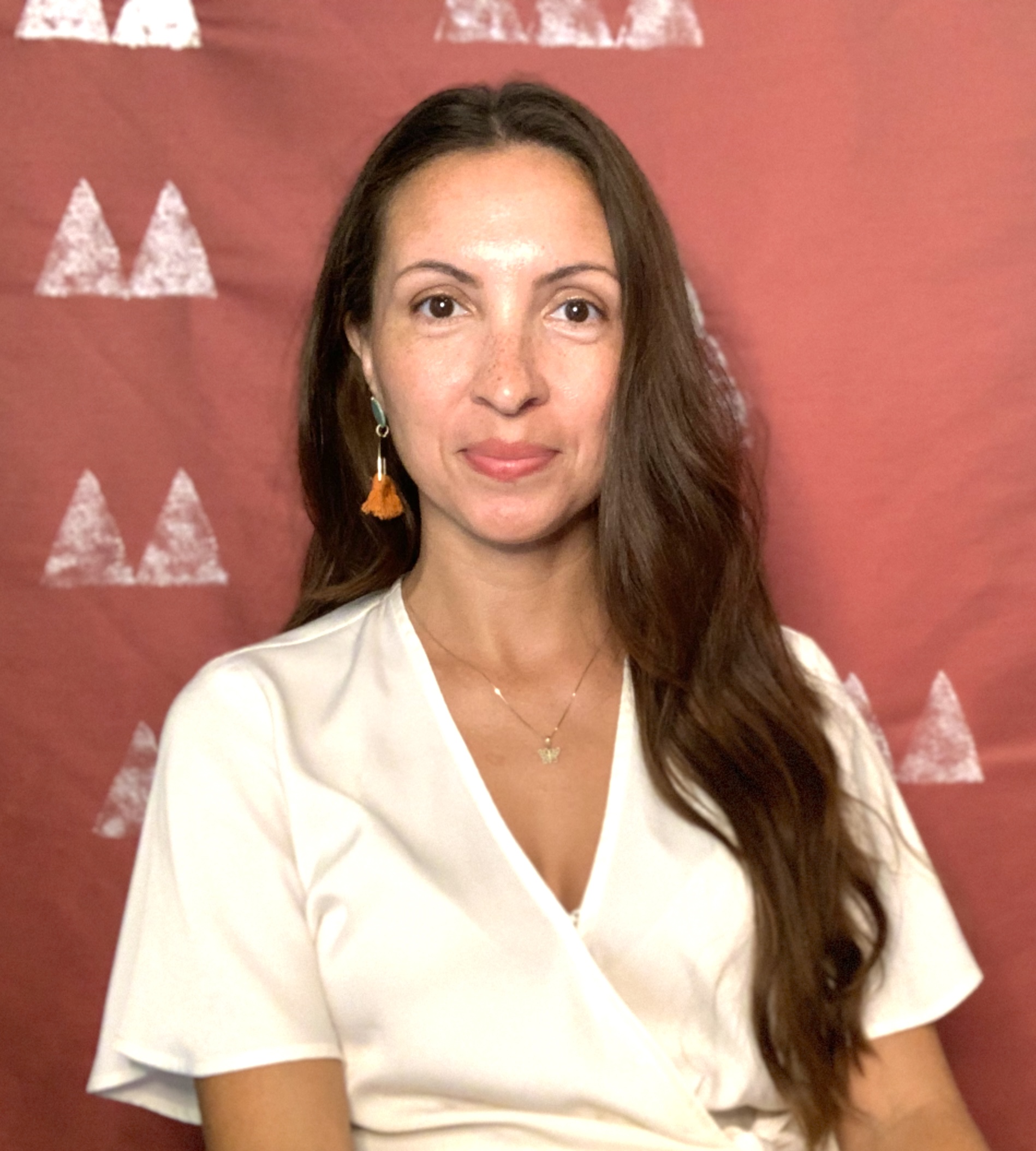
The grievance process. When resources become unavailable, or parole officers (POs) misbehave, or a rule is unlawfully enforced, the only recourse that a person has to alleviate the adversity is called the grievance process. The grievance process is slow and drawn out, sometimes taking several months to resolve. People on parole have immediate, real-time issues around enforcement of rules, access to resources, misunderstood parole obligations, court-ordered classes and more. Yet, people on parole are forced to endure unfair treatment until their grievance is addressed in written form months later.
Forced enrollment in treatment programs. There are people on parole required to participate in alcohol and drug treatment who have not used any substances within a year or longer. Medical treatment for a disease that has not emerged within a year is unnecessary and serves as a barrier from doing other things that can improve a person’s quality of life. Transitional homes are limited and are better prepared than residential treatment facilities for people leaving prison.
Length of reincarceration for parole “violations.” People can be imprisoned for up to one year for a rule infraction that might not be a law violation.
Causes of parole “violations.” Parole violations do not often indicate that a crime has been committed. In fact, holding persons on probation to a higher standard of etiquette than those not on probation illustrates a parole barrier designed to fail people. For example, there are several activities and actions that those not on parole would not be incarcerated for, including not checking in with a PO on time because there’s a family emergency; having access to a knife that is not in a kitchen; not home for more than three days; drinking alcohol or smoking marijuana; and contact with law enforcement for any reason.
Utilizing a county jail to administer punishment. POs can drop off a person at the county jail with only the charge of a violation, whether or not the violation is provable. By making the person unavailable to employers and family members via jailing them, the punishment curbs opportunities for full reintegration and success. In addition, after being found innocent of any parole violations, people can be held in jail for several more days after a ruling of innocence.
No pathways to family restoration. If a person harmed a family member and was sentenced to prison, that person is ordered by parole to stay away from the family member. However, restorative justice opportunities that exist in regions throughout California can serve the person on parole and the family member(s). Without permission to engage family, the person is without a pathway to restore the relationship.
Severing relationships with community and family members. People on parole are ordered to stay away from people who might have the slightest semblance of association with a possible gang or group, and many times this means family members and past neighbors. The threshold to meet this association is arbitrary, incoherent and utilizes racialized reasoning.
$200 to rebuild. When people are released from prison, they are given “gate money” to start their lives over by paying for a bus ticket to the county of supervision, a place to stay and food. The $200 amount is not nearly enough to meet the basic needs of a person in California, and there hasn’t been an increase in 49 years.
Values misalignment. A person on parole might have career aspirations that might not be in alignment with the PO’s perspective. POs often order persons to find another career even though the occupations are lawful. People have diverse goals, and their autonomy in making decisions for themselves is removed in these situations. If they do not follow the PO’s instructions, they would be under the threat of a parole violation.
Attending colleges and universities. With access to associate and bachelor degree programs in more California prisons, there’s an increase of people being accepted to high-quality universities and colleges before or immediately after their release. Currently, prospective students are unable to select to parole to a county where their university or college is located. This creates a barrier to degree completion and forces them to reconsider if college is for them.
Understanding the international context for California’s take on “Why should I invest in you?,” California being one of the largest legal systems in the world, reflects some of the debates and experiments with various versions of community-based supervision (e.g., community corrections) versus parole and probation.
These debates and experiments have been under way for decades. They typically unfold in Western countries and some of these countries acknowledge both the oppressive features of parole and probation as arms of reincarceration and the ways that these oppressive features impact Black, Indigenous and People of Color (BIPOC) communities.
“Why should I invest in you?” and its implied denial of a fair chance for reintegration into the community can show up in any supervision approach that is built within a colonial context like the United States.
There are certainly relationship-based supervision models that revolve around community experts supporting reintegration rather than institutional professionals looking for opportunities to return persons to prisons (e.g., we explored parole as a machine in an earlier article).
Importantly, “Why should I invest in you?” is sometimes directly spoken but also shows up symbolically based on the structures used such as the official and unofficial parole barriers listed above.
Some Western contexts provide us longitudinal examples where parole approaches transitioned from oppressive models into community-based models and yet then transitioned back to the punitive designs with institutional approaches. For example, a 2011 study that tracked this back and forth movement in Western Australia shows us a commitment to less structured parole procedures where community knowledge guided the supervision practices. In fact, during the relationship-based supervision approach, parole officers were required to have social work degrees.
Yet, in this region, the most recent return to institutional approaches includes equating parole and correctional staff. This is an honest public stance; that is, there are no hidden intentions in terms of parole officers acting with the same training as correctional officers—to reincarcerate.
Although in the United States parole and correctional officers do not officially share employment practices as in Western Australia, “Why should I invest in you?,” officially and unofficially in California translates as “The state is going to invest in your return to prison.”
*****
Jaime Leyva facilitates restorative processes for persons returning to the community from prison. Located in Fresno, he creates healthy and safe spaces for healing and restoration. Contact him at jaime@communityjusticecenter.com.
Morghan Vélez Young, Ph.D., is an educator and researcher focused on transformative opportunities for those involved in the juvenile and criminal justice systems. She consults and trains through browngirlhealing.org and lectures in the Anthropology Department at Fresno State. Contact her at mvelezyoung@csufresno.edu.
Andrew Winn is the husband to Kimberlee, a son to Linda and Darold, a dog-dad to Chiko and Pepper, and is from Sacramento. He is executive director of the Insight Garden Program, a nonprofit that offers in-prison programming in 10 California prisons and reentry services for previous program participants. Contact him at andrew@insightgardenprogram.org.

